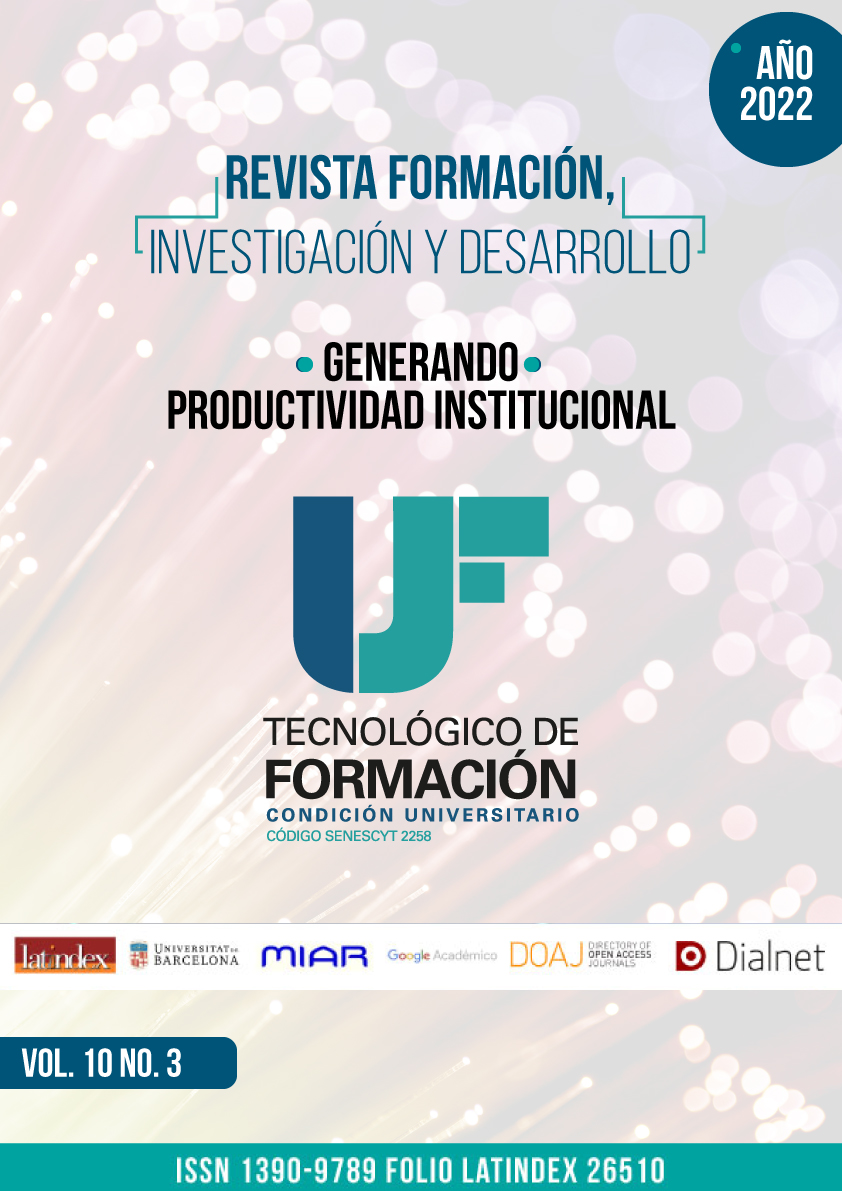Student coexistence in teaching careers
Main Article Content
Abstract
Civic formation is a need for Cuban society due to the spread of inappropriate civic behavior of children and adolescents in different contexts, which is reflected in peer-group coexistence problems at school. It has been demonstrated that civic behavior of Pedagogical-major students not always meet the requirements established in the Cuban Professional Educational Model, and as a result peer-group coexistence in the university context is affected. This situation has a special connotation, inasmuch as students are intended to be responsible for the formation of the educators that society needs. The current article is aimed at socializing the theoretical outcomes of a research on peer-group coexistence, that is, a pedagogical conception on how to improve student coexistence. This conception explains the internal logic of peer-group coexistence as an expression of civic behavior, enlivened by the formative method for student coexistence, which is based not only on communication and reflection capacity as key elements,
but also on the educative orientation for peer-group coexistence.
Article Details
Este trabajo tiene licencia DE Atribución/Reconocimiento-NoComercial-CompartirIgual 4.0 Internacional. CC BY-NC-SA 4.0.

